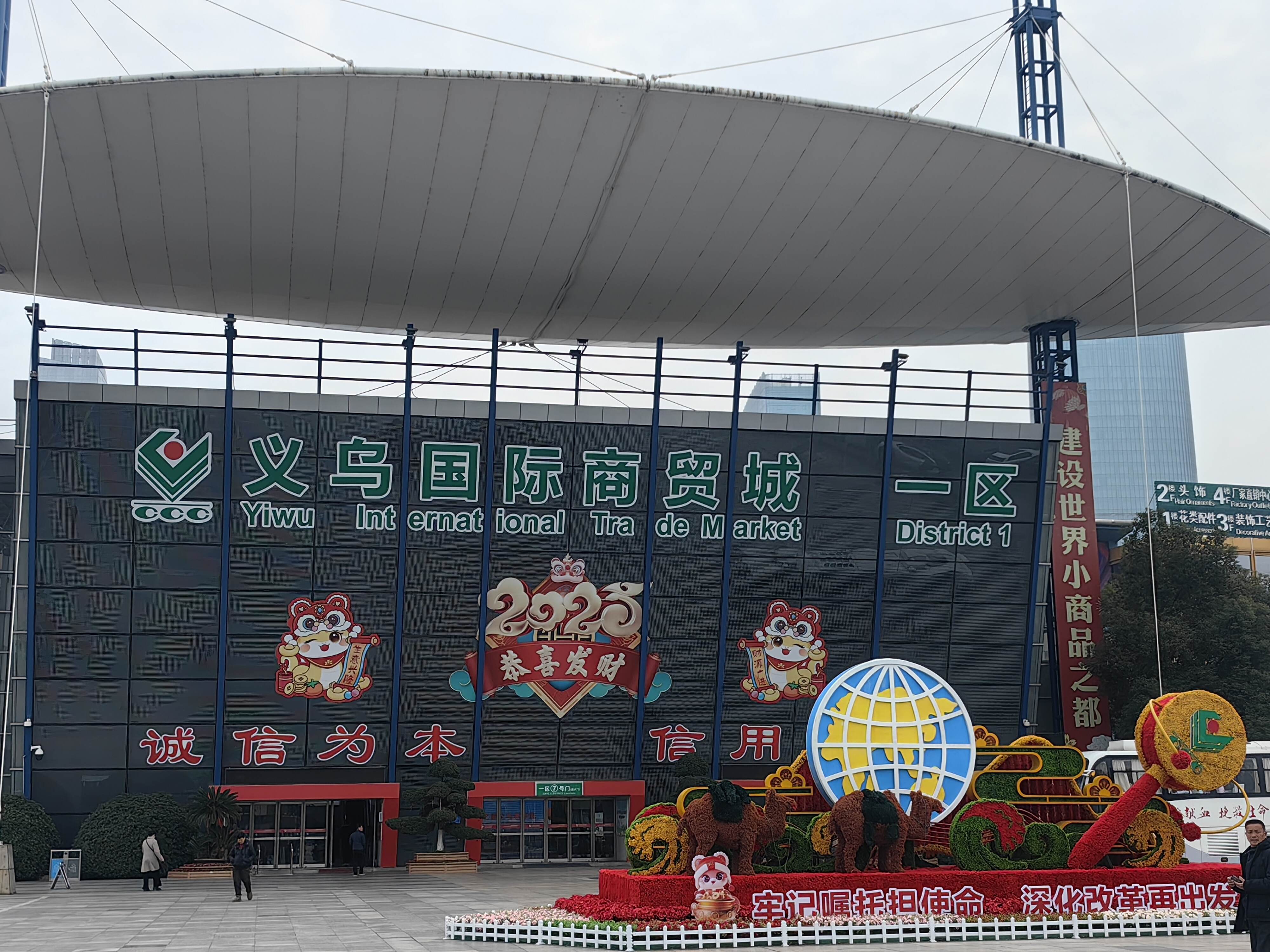Yiwu, located in Zhejiang Province, China, is renowned as one of the world’s largest wholesale markets, particularly for small commodities. Here’s a guide to navigating Yiwu:
- Understanding Yiwu Market:
Yiwu Market is vast and divided into multiple districts, each specializing in different types of products. The main market areas include Yiwu International Trade City, Huangyuan Market, and Furniture Market, among others.
- Planning Your Visit:
Decide which products you're interested in sourcing and plan your visit accordingly. Keep in mind that Yiwu can be overwhelming due to its size, so prioritize the markets and products you want to explore.
- Finding Accommodation:
Yiwu offers various accommodation options ranging from budget hotels to luxury hotels. It's advisable to book your accommodation in advance, especially during peak buying seasons.
- Navigating the Markets:
Yiwu International Trade City, commonly known as Futian Market, is the largest wholesale market complex in Yiwu, consisting of several buildings and thousands of shops. Familiarize yourself with the layout and floor plans to navigate efficiently.
- Product Sourcing:
Take your time to explore different sections of the market to find the best deals and quality products. Be prepared to negotiate prices with suppliers, as bargaining is common in Yiwu.
- Language and Communication:
While many suppliers in Yiwu may speak basic English, having a local interpreter or translator can facilitate smoother communication and help avoid misunderstandings.
- Quality Assurance:
Inspect product samples carefully for quality and authenticity before placing bulk orders. Consider hiring a third-party inspection service if needed to ensure product quality meets your standards.
- Payment and Logistics:
Discuss payment terms with suppliers and arrange logistics for shipping your goods back home. Yiwu has convenient logistics services for international shipping, including air freight and sea freight.
- Legal Considerations:
Familiarize yourself with import/export regulations and ensure compliance with customs requirements and documentation.
- Networking and Building Relationships:
Networking with suppliers and building long-term relationships can be beneficial for future business transactions. Exchange contact information and maintain communication even after leaving Yiwu.
- Explore Beyond the Markets:
Take some time to explore other attractions in Yiwu, such as Xiuhu Park, Yiwu Museum, and Night Market, to experience the local culture and cuisine.
When you want to come to Yiwu, there are many traffic ways to help you. Of course, you also can contact us, we will provide a traffic guide and VISA service to help you.
- By Air: The closest major airport is Yiwu Airport (YIW). Many domestic flights connect Yiwu with major cities like Beijing, Shanghai, Guangzhou, and Shenzhen. If you're coming from an international destination, you might need to transfer to one of these major cities.
- By Train: Yiwu is well-connected by train. The Yiwu Railway Station is a major hub, with high-speed trains linking it to cities like Shanghai, Hangzhou, Guangzhou, and Beijing. You can check train schedules and book tickets through the official Chinese railway website or various ticketing apps.
- By Bus: Yiwu has a comprehensive bus network connecting it to nearby cities and towns. Long-distance buses are available from major cities like Shanghai, Hangzhou, Ningbo, and Guangzhou.
- By Car: You can also drive to Yiwu if you're within driving distance. Highways connect Yiwu to neighboring cities and provinces. Make sure to have a valid Chinese driver's license and familiarize yourself with Chinese traffic rules.
If you are worried about the inconvenience of traveling due to language barriers, you are welcome to contact us at any time. We provide airport pick-up service and translation service to make your trip more convenient.

